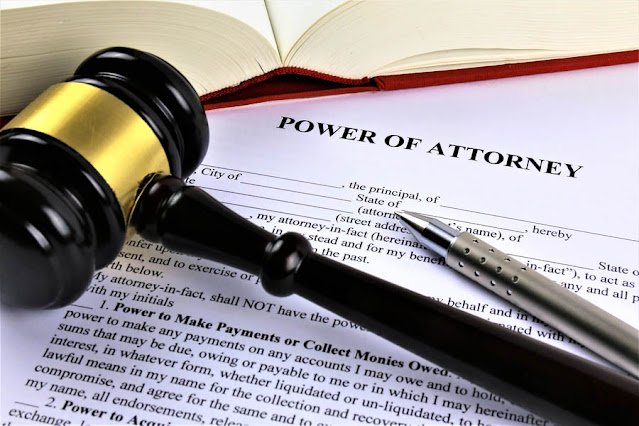Around the late-60s, many perfectly fit men and women wondered whether it might be sensible to give power of attorney to someone they trust. This involves authorizing another person to take business and other financial decisions on their behalf, on the basis that any such decisions would reflect the action that they themselves would have taken. Until a few years ago, the power could only be used where the individual was unwilling rather than incapable of acting for him/herself. So in effect, just at the time when the power was most needed, it ceased to exist. Thanks to a law known as the Enduring Powers of Attorney Act 1985, and the more recent Lasting Powers of Attorney an enduring power is not automatically revoked by any subsequent mental incapacity, but can now continue, regardless of any decline, throughout the individual’s life.
(NB: An ordinary power of attorney would be revoked by subsequent mental incapacity.) To protect the donor and the nominated attorney, the Act clearly lays down certain principles that must be observed, with both sides signing a declaration that they understand the various rights and duties involved. The Act furthermore calls for the power to be formally registered with the Public Trust Office in the event of the donor being, or becoming, mentally incapable. As stated above, the Enduring Powers of Attorney have been replaced by Lasting Powers of Attorney (LPA), to coincide with the implementation of the Mental Capacity Act 2005.
In effect, LPAs enable individuals to give their attorney power to make decisions about their personal welfare, including health care, when they lack the capacity to make such decisions themselves. Enduring Powers of Attorney, set up before October 2007, are still effective. However, if you have not yet set one up but are planning to do so, you will now need to apply for the new LPA instead. As any lawyer would explain, the right time to give power of attorney is when the individual is in full command of his/her faculties, so that potential situations that would require decisions can be properly discussed and the donor’s wishes made clear. For the Lasting Power of Attorney to be valid, the donor must in any event be capable of understanding what he/she is agreeing to at the time of making the power.
